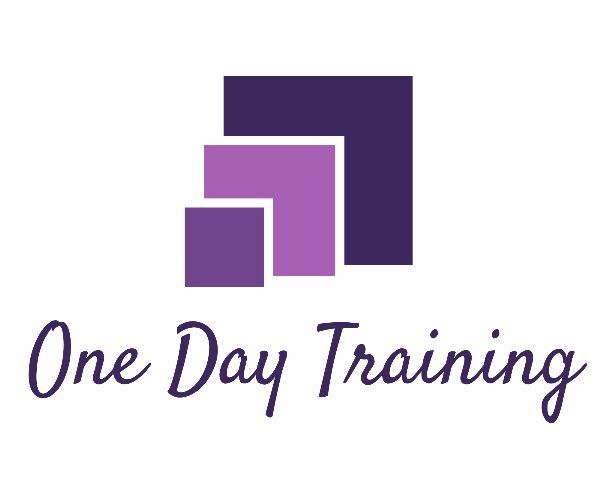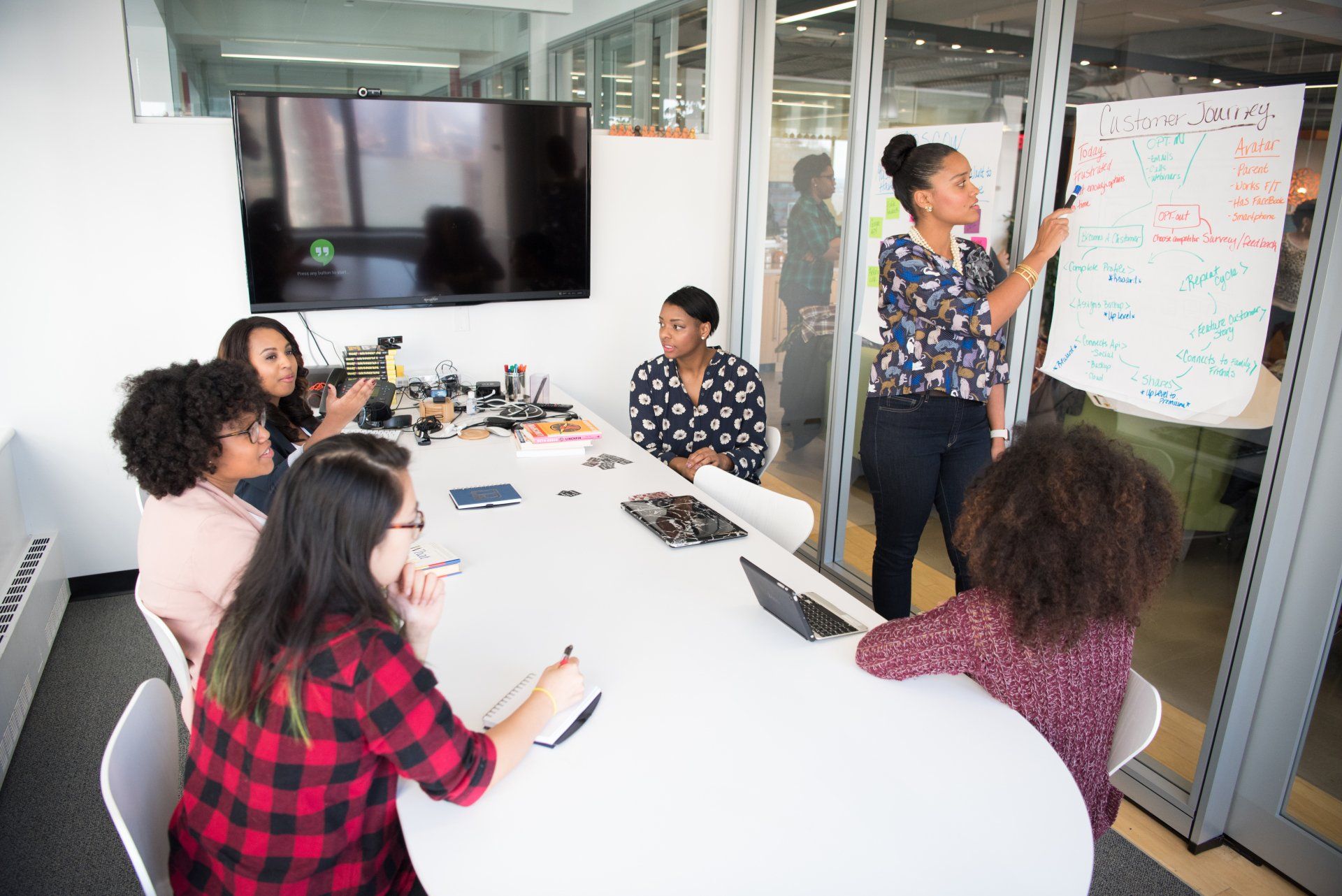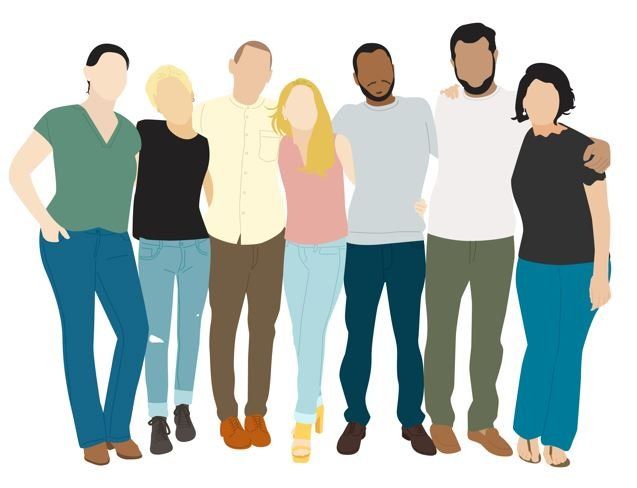More reflections about the use of questions during facilitation

Facilitation – Asking the right questions
1. Focus on the goal of the question – What will people learn from the question? What direction are you trying to get them to look into further? Will the question or line of enquiry move them ahead in the discussion?
2. As we know open questions are best; for getting a response, for widening the options and for getting a rich answer in terms of information and context.
3. Look for assumptions: you may be assuming that people have a certain level of knowledge or understand a technical term. Make sure you use the language of the group so that everyone is clear on what is being asked.
4. Avoid, where you can, questions that allow two alternatives (either/or) questions – these may limit ideas and discussion if you narrow down the options. You could use something like: "some people say X, while others think that Y is true, what is your view?"
5. Use narrative questions e.g. "Tell us what happened to your work methods during the crisis." This will give a fuller answer.
6. Look for useful and honest responses that add to the discussion, if someone is having a rant or goes off topic you will need to pull the discussion back to the main topic.
7. When you have finished the session, reflect on what went well with the questions, what could have been better in terms of phrasing or simplifying?
What you want out of questions: definitions, information, clarifications, evidence, workable hypotheses, insights, viewpoints and tentative conclusions. The questioning process depends on carefully constructed questions and also the sequencing of questions for the productive flow of the discussion.
Contact us for more information: carol@onedaytraining.co.nz
Ideas, views and other weird stuff. Search the blog:











